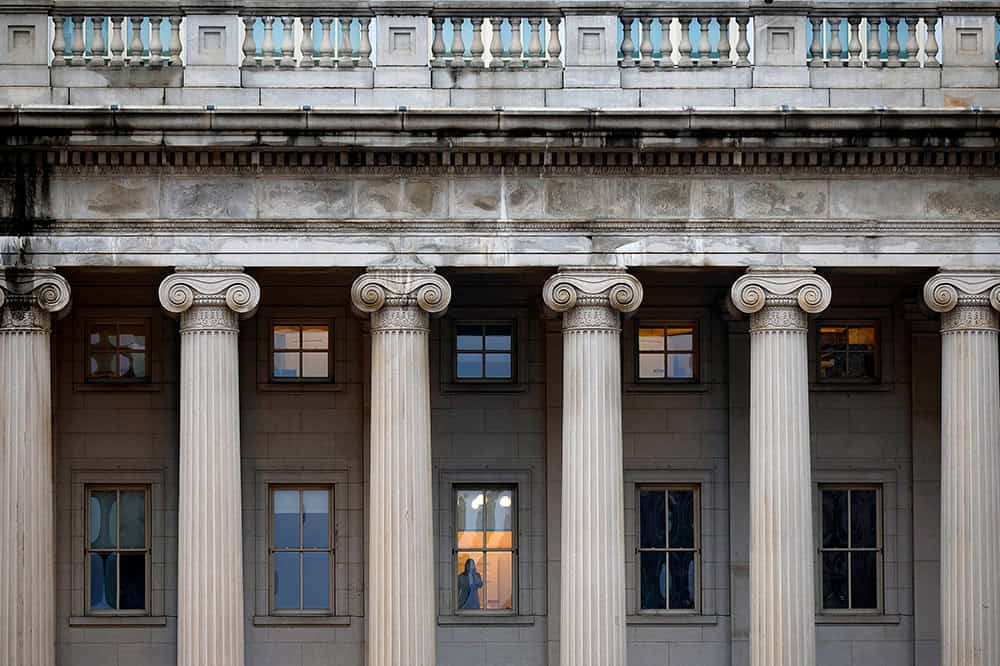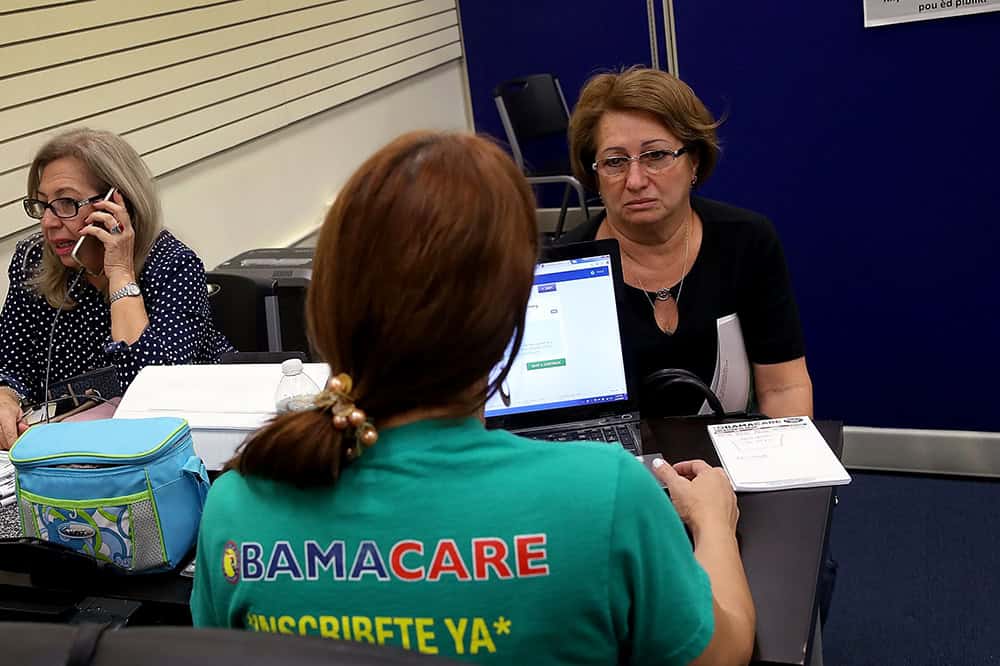New CBO Analysis: Tax and Spending Extensions Would Make Outlook Worse

NEW YORK — Michael A. Peterson, Chairman and CEO of the Peter G. Peterson Foundation, commented today on a new report from the nonpartisan Congressional Budget Office (CBO) showing the long-term budget and economic effects under alternative fiscal scenarios. CBO’s analysis, released on the same day as it reported that the federal deficit has grown by 20 percent this year, shows that debt levels will be significantly higher than current law projections if lawmakers choose to extend certain tax and spending policies currently scheduled to expire (including individual income tax provisions enacted in last year’s tax legislation and higher discretionary spending levels). Peterson said:
“This report confirms just how unsustainable and dangerous our current fiscal policies are. CBO’s last report showed that debt will rise substantially even if recent irresponsible policies are phased out as indicated under current law. This report shows how much worse our fiscal future will be if lawmakers extend our current tax and spending policies.
“We are facing significant demographic headwinds which will cause major structural deficits in the decades to come. The latest round of unpaid for tax and spending reforms only made matters worse by adding fuel to the fire. This new CBO report shows just how much more dangerous the future looks if these tax cuts and spending increases are allowed to continue.
“This report serves as a sobering reminder that the recent reforms are far more hazardous to our fiscal future than they appear. Even CBO avoids describing how bad it would be if they continued, by stating it’s simply ‘substantially outside historical experience.’
“Debt at these levels would have a severe effect on the economy, restraining growth over the long term. In fact, CBO calculates that 20 years from now, real GNP per person would be lower by $1,000 per person if current policies were extended. So the costs may not be apparent now, but American families will feel the impact if we don’t get our fiscal house in order.
“This report is another clear reminder that lawmakers need to move the economy in the right direction by stabilizing our national debt to ensure long-term prosperity.”
Further Reading
The Debt Ceiling Will Be Reinstated on January 1 — Here’s What’s at Stake
One of the first, and most consequential, decisions facing newly elected lawmakers will be what to do with the debt ceiling.
How Does Student Debt Affect the Economy?
As overall student debt has grown over the past decade, it is apparent that such borrowing can place a financial burden on households.
How Does the Federal Government Subsidize Healthcare Under the ACA — and What Does It Cost?
In 2025, the expansions of the premium tax credit under the Affordable Care Act will expire, and lawmakers will have to decide whether to extend them.


